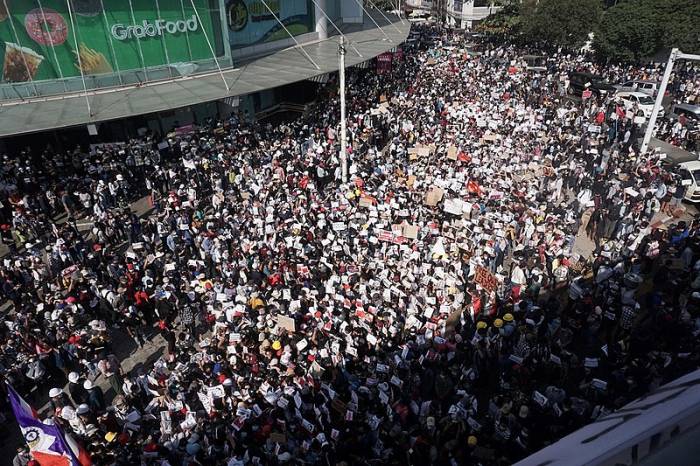Marxism and the emancipation of women
Marxism has always been at the forefront of the cause of women's emancipation. The 8th of March (International Women's Day) is a red letter day for us as it symbolises the struggle of working class women against capitalism, oppression and discrimination throughout the world. In this article, we outline the first steps given by Marxism to fight for women's rights, what the first successful revolution meant for the emancipation of women, conditions of women under capitalism both in advanced and Third World countries and pose the question of how to eliminate inequality between men and women for good. Originally published 8 March 2000.








